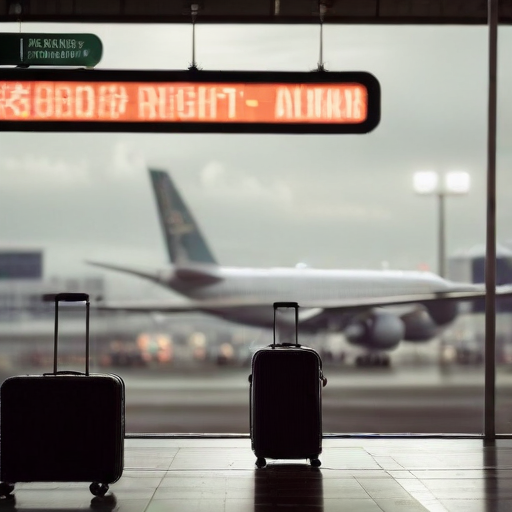The Department of Transportation has launched an investigation into Delta Air Lines to ensure the protection of consumer rights, particularly following extensive flight cancellations due to a recent global tech outage. Secretary of Transportation Pete Buttigieg emphasized the importance of fair treatment for all airline passengers, noting that his department has fielded numerous complaints regarding Delta’s response to these issues.
Delta Air Lines, headquartered in Atlanta, has faced significant operational challenges after a software update by cybersecurity firm CrowdStrike malfunctioned last Thursday. This glitch impacted businesses worldwide, particularly affecting Microsoft’s Windows operating systems and leaving many corporate users struggling with outages, including the notorious “Blue Screen of Death.”
The travel sector was notably hard hit; data from FlightAware revealed that over 46,000 flights experienced delays and more than 5,000 were canceled last Friday alone. Delta was significantly affected, with the airline canceling approximately 3,500 flights on Friday and Saturday, and further cancellations and delays throughout Sunday and Monday. As of Tuesday, 738 additional flights were reported canceled or delayed.
Delta’s CEO, Ed Bastian, expressed regret for the disruptions and reaffirmed that canceling flights is a last resort for the airline. He acknowledged the complexity involved, stating that many of Delta’s applications, including those related to crew tracking, rely heavily on Microsoft Windows. To mitigate the impact on affected travelers, Delta has introduced a travel waiver allowing customers to change their flights without charge, alongside meal vouchers, hotel accommodations, and transportation assistance.
In light of the challenges faced, this situation presents an opportunity for Delta to enhance its operational resilience and customer service. As the airline navigates through these difficulties, it is hoped that the focus on improving technology and communication will lead to a stronger future relationship with its passengers.
Overall, the current challenges serve as a reminder of the critical importance of robust technological systems in the airline industry and the need for companies to be proactive in safeguarding their operations and customer experiences.
